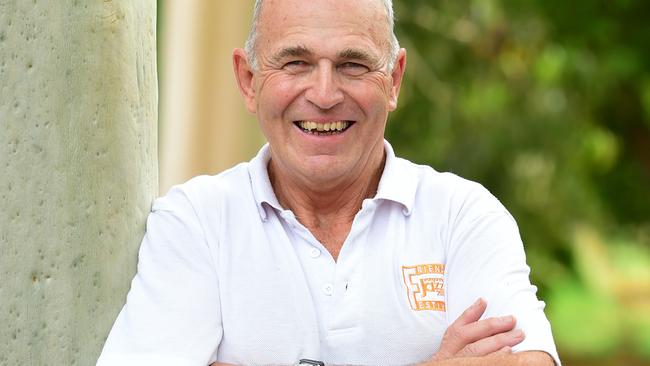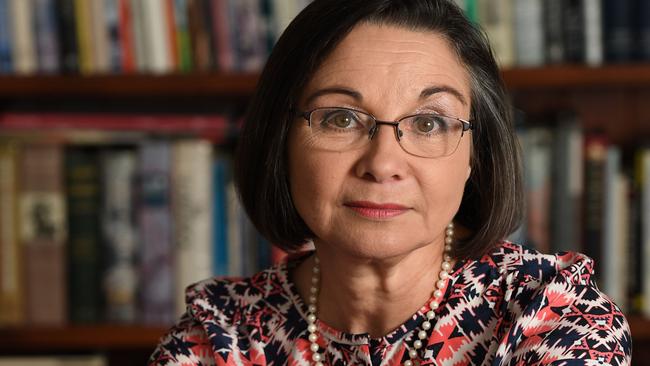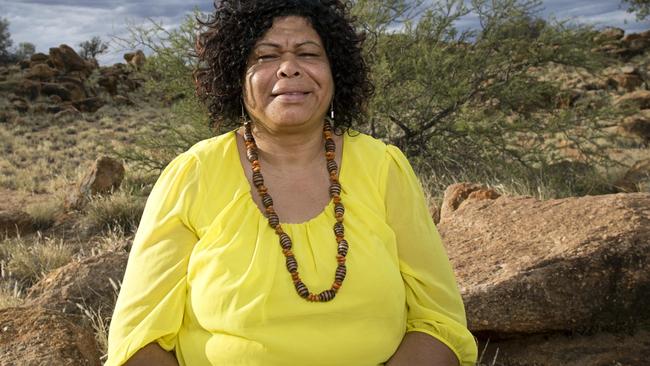Rural vet working with remote communities to keep dogs and people healthy
SEMI-retired vet Graeme Blanch gives his time to help control and protect dog populations in remote indigenous communities.

WHEN Graeme Blanch — a country vet from Wangaratta — volunteered with Vets Beyond Borders in remote northern India — nothing prepared him for the culture shock of confronting packs of rabid street dogs.
“It was a long way from farm animals in rural Victoria!” he says of the trip 2014 trip. “But it was nice to think you were making a small difference in helping get rabies under control in India.”
Nowadays the semi-retired vet gives his time closer to home to help control and protect dog populations in remote indigenous communities. As a volunteer with Animal Management in Rural and Remote indigenous Communities (AMRRIC), Graeme spends weeks on end away from home working in Central Australia.
“Mostly we’re working with domestic animals and in these communities dogs are mostly owned and treasured by families — they are an integral part of the family community life,” says Graeme 65. “So with AMRRIC we’re very attentive to make sure we work with the families and nothing is desexed without permission.”
With such a huge area to cover, enormous effort is required making sure dog populations don’t get out of control and turn wild, and also treating pets for diseases like the deadly parvovirus and administering day-to-day veterinary needs in communities.
It’s work that is having an effect across Central Australia.
“I think if you looked at the communities 15 — 20 years ago there were just huge amounts of dogs in the population and some of them would be going wild, so there would be implications for wildlife and there were terrible disease issues too,” says CommBank’s Australian of the Day. “A lot of dogs were in very bad condition. Sarcoptic mange was rife and it’s transmissible to humans so it was a problem for human health, too.”
Although numbers are still up today, there are way fewer dogs running wild and the overall health of dogs in remote communities is greatly improved thanks to volunteer vets like Graeme. “We’ve got indigenous animal health workers now too,” says Graeme. “So the idea is that every community has access to their own people who can routinely visit them twice a year to treat the dogs for the sarcoptes and for ordinary veterinary works.”
Even so, Graeme says he’s as committed as ever to volunteering for veterinary work.
“I’m going to keep doing it. It’s an absolute privilege to go and work with the indigenous people in their communities,” he says. “Not many white fellas get the opportunity to spend time there so you get to know a few of them and you get to know what tremendous skills are out there.”
CommBank has partnered with News Corp Australia to champion the Australian of the Day initiative which celebrates people in our neighbourhoods and communities who really make a difference to how we live and who we are. You can read all their stories at australianoftheday.com.au, where you can also nominate someone you know.


